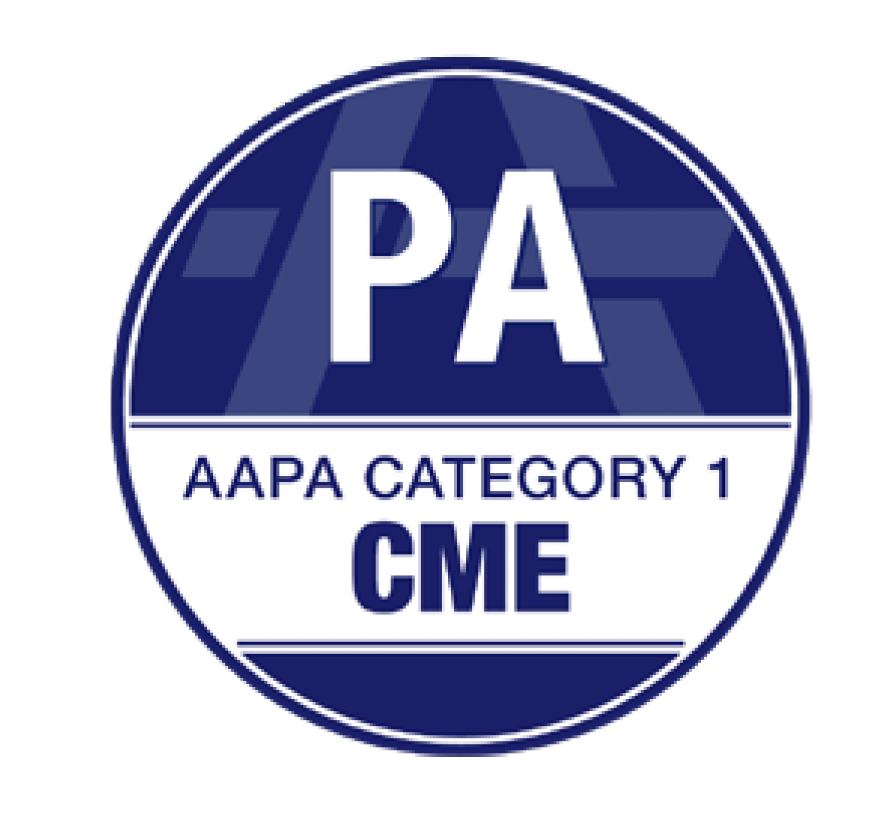AIHM-FIWH 132: Introduction to Integrative Mental Health
For many practitioners, the provision of mental health care can feel like a dark abyss or even a black hole of swirling ambiguity and difficulty. This arena challenges us all as it requires us to understand the whole person to be most helpful. We need to grasp a body-mind-spirit based perspective of each individual or we end up with a more one-dimensional care plan that does not reflect his or her wholeness. We need to have some dexterity moving from biological issues like nutrient deficiency or gut/diet imbalance to psychological issues like relationship conflict or critical self-talk. Beyond that we must feel comfortable appreciating spiritual malaise from an existential crisis or question of self-purpose. Trauma/abuse intermingles of all of these issues and presents an even more complex mix of hardware and software issues. The challenge is clear.
We are pleased to wade into this with you and offer some ideas and experience. Luckily, a crucial element is the one that likely comes fairly easy for you. Each individual in need craves a caring person to listen and be present. This is the core and foundation of all real healing and health care. We build upon that base to create a comprehensive model to assess each person and then develop a coherent treatment plan. In this mental health module we will present a mix of theory and practical tools. We need both to navigate and understand the whole person fully.
The content for this module is divided into four areas:
- Introduction: The first section offers some background on philosophy, theory and our ecologically founded nature. Next epigenetics and neuroplasticity provide a solid scientific foundation for a systems view of human mental health. From here we craft a wholeness-oriented perspective that best honors the person in front of us.
- New Ways of Thinking. It is crucial in mental health that we move beyond the superficial understanding the DSM-5. We need to explore, assess and grasp underlying mechanisms if we are to treat the whole person and move beyond the mere suppression of symptoms that current psychiatric medications offer us. Inflammation, the microbiome, auto-immunity, mitochondrial issues, nutrition and psychedelic medicine all offer some unique guidance to us. I will explore a few of these in more depth.
- The Power of Spirit in Mental Health. The human spirit is our most unique and valuable gift. It holds tremendous power to alter our physical, mental or emotional landscape. Unfortunately, it is dramatically misunderstood and commonly ignored in health care. In this section we explore the spiritual realm and its power to heal. Before we get there, the topic of healing is considered in some depth to create a foundation for this perspective.
No matter what specialty or professional discipline that you embrace, mental health plays a substantial role. All of us can improve our own mental health. Likewise all of us can improve our skills for better understanding each person that we treat. This, in turn, leads us closer to the provision of sound care for the whole person. The downstream and ecological effect of this care alters countless lives and supports the community we exist in, we all benefit.
Target Audience
This activity is intended for physicians, physician assistants, nurse practitioners, pharmacists, and social workers.
Learning Objectives
At the end of this module, you will be able to:
- Describe the integrative approach to mental health and wellness,
- Recognize the impact of lifestyle factors, nutrition, and mind-body techniques on mental well-being, and
- Identify evidence-based integrative interventions for common mental health conditions.
All of the relevant financial relationships listed for these individuals have been mitigated.
Rachel Abrams, MD, MHS, ABFP, ABOIM
Bryan Hauf, MEd
Suzanne Blaising, PhD, LCSW
Mary Rondeau, ND, RH(AHG)
Accreditation Statements

In support of improving patient care, this activity has been planned and implemented by Academy of Integrative Health and Medicine and the University of North Texas Health Science Center at Fort Worth is jointly accredited by the Accreditation Council for Continuing Medical Education (ACCME), the Accreditation Council for Pharmacy Education (ACPE), and the American Nurses Credentialing Center (ANCC), to provide continuing education for the healthcare team.
As a Jointly Accredited Organization, the University of North Texas Health Science Center at Fort Worth is approved to offer social work continuing education by the Association of Social Work Boards (ASWB) Approved Continuing Education (ACE) program. Organizations, not individual courses, are approved under this program. Regulatory boards are the final authority on courses accepted for continuing education credit. Social workers completing this course receive 4.0 general continuing education credits.
 The University of North Texas Health Science Center at Fort Worth has been authorized by the American Academy of Physician Associates (AAPA) to award AAPA Category 1 CME credit for activities planned in accordance with AAPA CME Criteria. This activity is designated for 3.0 AAPA Category 1 CME credits. Approval is valid until 06/16/2027. PAs should only claim credit commensurate with the extent of their participation.
The University of North Texas Health Science Center at Fort Worth has been authorized by the American Academy of Physician Associates (AAPA) to award AAPA Category 1 CME credit for activities planned in accordance with AAPA CME Criteria. This activity is designated for 3.0 AAPA Category 1 CME credits. Approval is valid until 06/16/2027. PAs should only claim credit commensurate with the extent of their participation.
American Osteopathic Association
The University of North Texas Health Science Center at Fort Worth is accredited by the American Osteopathic Association to award continuing medical education to physicians.
Designation Statements
Physicians
The University of North Texas Health Science Center at Fort Worth designates this program for a maximum of 3.0 contact hour of AOA Category 2B CME credits and will report CME and specialty credits commensurate with the extent of the physician's participation in the activity.
The University of North Texas Health Science Center at Fort Worth designates this activity for a maximum of 3.0 AMA PRA Category 1 Credit(s)™. Physicians should only claim credit commensurate with the extent of their participation in the activity.
Physician Assistants
The University of North Texas Health Science Center at Fort Worth has been authorized by the American Academy of PAs (AAPA) to award AAPA Category 1 CME credit for activities planned in accordance with AAPA CME Criteria. This activity is designated for 3.0 AAPA Category 1 CME credits. Approval is valid until 06/16/2027. PAs should only claim credit commensurate with the extent of their participation.
Nurses
This activity provides up to 3.0 contact hours.
Social Workers
Social workers completing this course receive 4.0 general continuing education credits.
Certificate of Attendance
The University of North Texas Health Science Center at Fort Worth certifies this activity for 3.0 hours of participation.
Available Credit
- 3.00 AAPA Category 1 CME
The University of North Texas Health Science Center at Fort Worth has been authorized by the American Academy of Physician Associates (AAPA) to award AAPA Category 1 CME credit for activities planned in accordance with AAPA CME Criteria. This activity is designated for 3.00 AAPA Category 1 CME credits. Approval is valid until October 31, 2027. PAs should only claim credit commensurate with the extent of their participation.
- 3.00 AMA PRA Category 1 Credit™
- 3.00 ANCC
- 3.00 AOA Category 2-B
- 4.00 ASWB Credit
- 3.00 HSC Participation

 Facebook
Facebook X
X LinkedIn
LinkedIn Forward
Forward